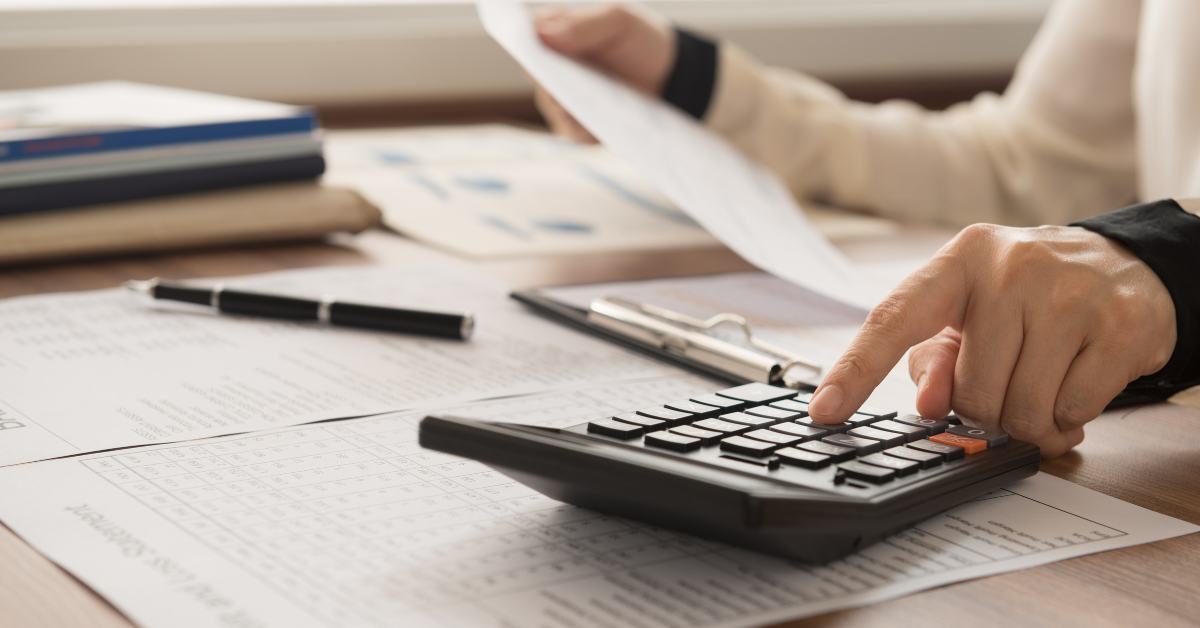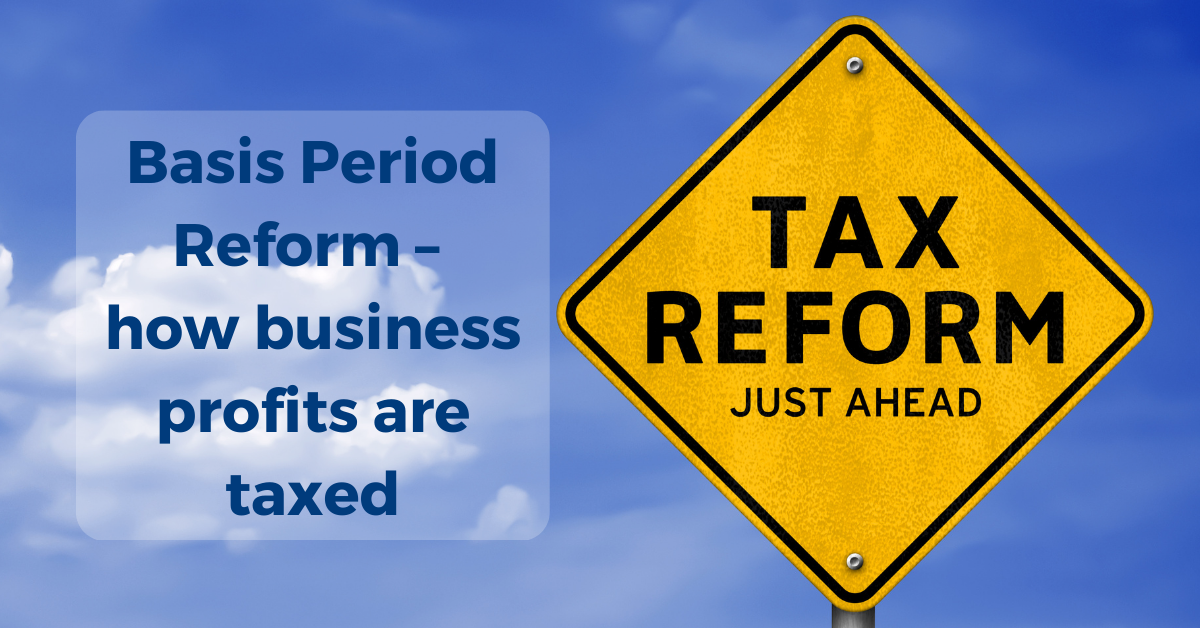Basis Period Reform – how business profits are taxed
The basis period reform is a significant change to how business profits are taxed from 2023/24 onwards for sole traders and partnerships.

A brief overview of the basis period reform changes affecting how business profits are taxed for sole traders and partnerships.
In short, the way trading income for sole traders and partnerships is allocated to tax years is changing from “current year” basis to “tax year” basis. This means trading income will be taxed for the same period as non-trading income.
The current year basis
Current rules: generally, that business profits are taxed based on the accounting year ending in the tax year, for example:
- a business with a 30 April year end will be taxed in 2022/23 on the profits of the year ended 30 April 2022.
Tax year basis
Under the new rules from 2024/25 businesses will be taxed on the profits for the tax year 6 April to 5 April.
Therefore, the example – under the tax year basis, a business with a 30 April year end will be taxed in 2024/25 on:
- 1 month of profits from the year ended 30 April 2024, and
- 11 months from year ended 30 April 2025.
Sole traders and partnerships with an accounting period ended 31 March to 5 April will be unaffected by these changes.
Transitional year 2023/24
- 6 April 2023 to 5 April 2024 will be a transitional year.
Businesses that do not have 31 March or 5 April accounting year end date will be taxed on profits on the current year basis, ie:
- 12 months to their accounting date ending in 2023/24
- plus profits from the period end to 5 April 2024.
In our 30 April year end example this would mean:
- Year ended 30 April 2023 plus profits for the period 1 May 2023 to 5 April 2024.
- A total of 23 months.
This could lead to significantly increased tax bills and cash flow problems.
Transitional Adjustment
To help mitigate this, any overlap profits brought forward will be used against these profits. Any excess profits as a result of the transitional adjustment can be automatically spread over 5 years.
Overlap profits occur in the early years of trade when as a result of the basis period rules profits were taxed twice.
Provisional figures
The move to “tax year” basis means that:
- businesses with a year end other than 31 March or 5 April may need to include estimated or provisional figures on the tax return if accounts for two years are not complete.
- Estimates used must be reasonable and based on information available at the date the tax return is filed.
This does create an additional administration burden, and extra costs, involved in amending the tax return once the accounts are completed.
In addition to this, the final tax position for the tax year will not be finalised until the tax return is amended.
Check the Gov website for new Basis Period Reform rules.
Shaw Austin are a firm of Chartered Accountants based in Chester supporting independent business throughout the UK. We take the headache out of business accounting and taxation by providing our clients with a personal service.
This article includes tax rates and allowances correct on date of publishing – tax rates and allowances can change from year to year. This is a general article to assist readers. Professional advice should always be taken in respect of your personal circumstances.
Published April 2023.

